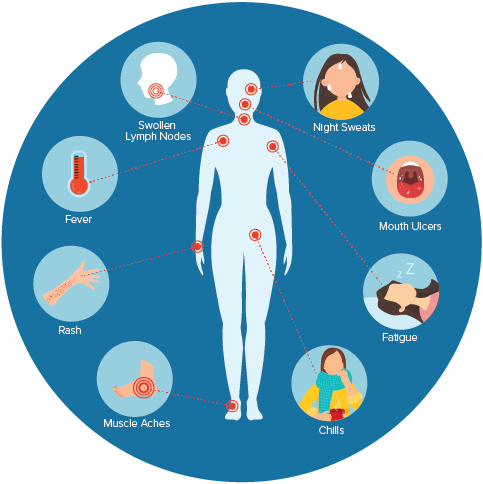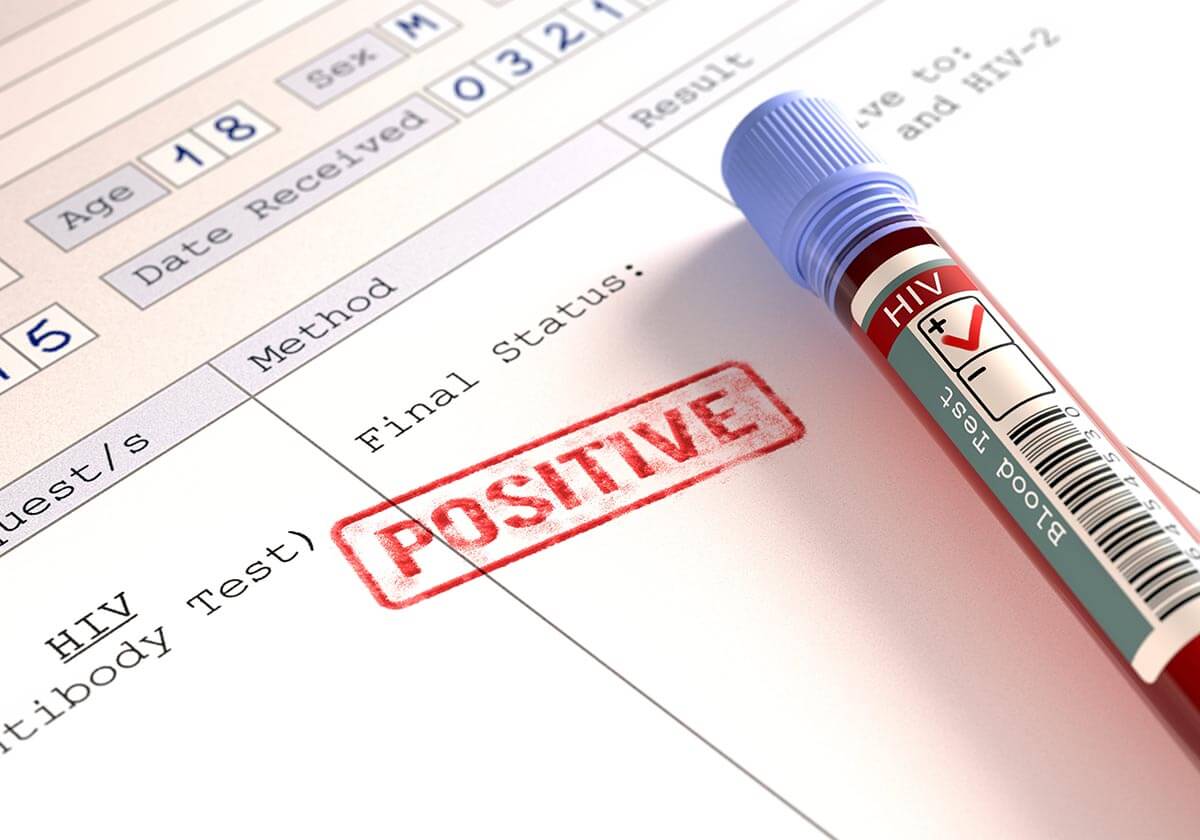HIV, or Human Immunodeficiency Virus, refers to the virus that causes AIDS (Acquired Immunodeficiency Syndrome). HIV affects the body’s white blood cells, which are responsible for fighting off infections. Because of this, it becomes difficult for the body to fend off illnesses.
How Do You Get It
HIV can be acquired from different sources. However, the virus rides through one person’s bodily fluids such as blood, pre-ejaculation, semen, vaginal fluids, and/or breast milk.
The most common way of spreading the virus is through unprotected sex, where, statistically speaking, most got their infections from.
HIV can also spread through sharing of contaminated needles or syringe. It can also be passed down by pregnant mothers either during pregnancy or breastfeeding.
In extreme cases, HIV can also be spread through oral sex and blood transfusion or receiving organs from someone who’s infected by the virus.
What Are The Symptoms

Some people develop different symptoms, others may not develop anything at all. Common symptoms that develop are “flu-like” symptoms that can lasts from a few days to several weeks.
Other signs and symptoms of HIV may include: rapid weight loss, fever, diarrhea, night sweats, or feeling very exhausted. Some people can manifest different symptoms that are not included in the list.
However, remember that you or your partner can have HIV without knowing it. Months or years can pass before you feel sick or have any serious signs, and HIV can still be passed on to others even if you feel completely fine.
Getting tested is the only way to find out for sure if you are positive for HIV.
How To Test For It
Blood sample is usually needed in testing for HIV. Test results do not immediately indicate the presence of HIV—it can take up to three months after being exposed to HIV to test positive.
HIV testings can be availed in some hospitals in the Philippines, both public and private. Some non-profit organizations also host free public HIV testing around the country. Both hospitals and volunteer groups also offer counselling for the patients who tested positive.
For a more discreet way of testing, HIV testing kits are also available in the market. Although fairly accurate, the downside of this is that no professional will be able to give you a counselling on what to do next immediately, which may lead to further anxiety.
Is There a Cure For It?
Currently, there is no cure for HIV, although there are available medicines that can slow down the advancement of HIV for a long time—but the virus is still present in the body.
Keep in mind that even if you feel fine or don’t show any signs, it can still be passed on. Your doctor will create a treatment plan for you, and give you special medicines if you have HIV.
Letting your partner know that you have HIV is also very important.
Source:
https://www.teensource.org/std/hiv-aids
http://hivtestphilippines.org/?gclid=EAIaIQobChMItfXp36LD5QIVEz5gCh1UOg9eEAAYASAAEgKD7_D_BwE




How many how can be get hiv positive test results after sex?
Hi Ally! If you had unprotected sex with someone who’s HIV positive, chances are you’ve been infected as well, no matter how many times you did it. The only way to know if you’re infected or not is to undergo HIV testing. You can either go to a hospital or clinic that offers the service, or avail an HIV Test Kit. Don’t worry about being HIV positive, there’s a lot of communities and NGOs that can talk to you about it and make sure that you’re not alone in this.